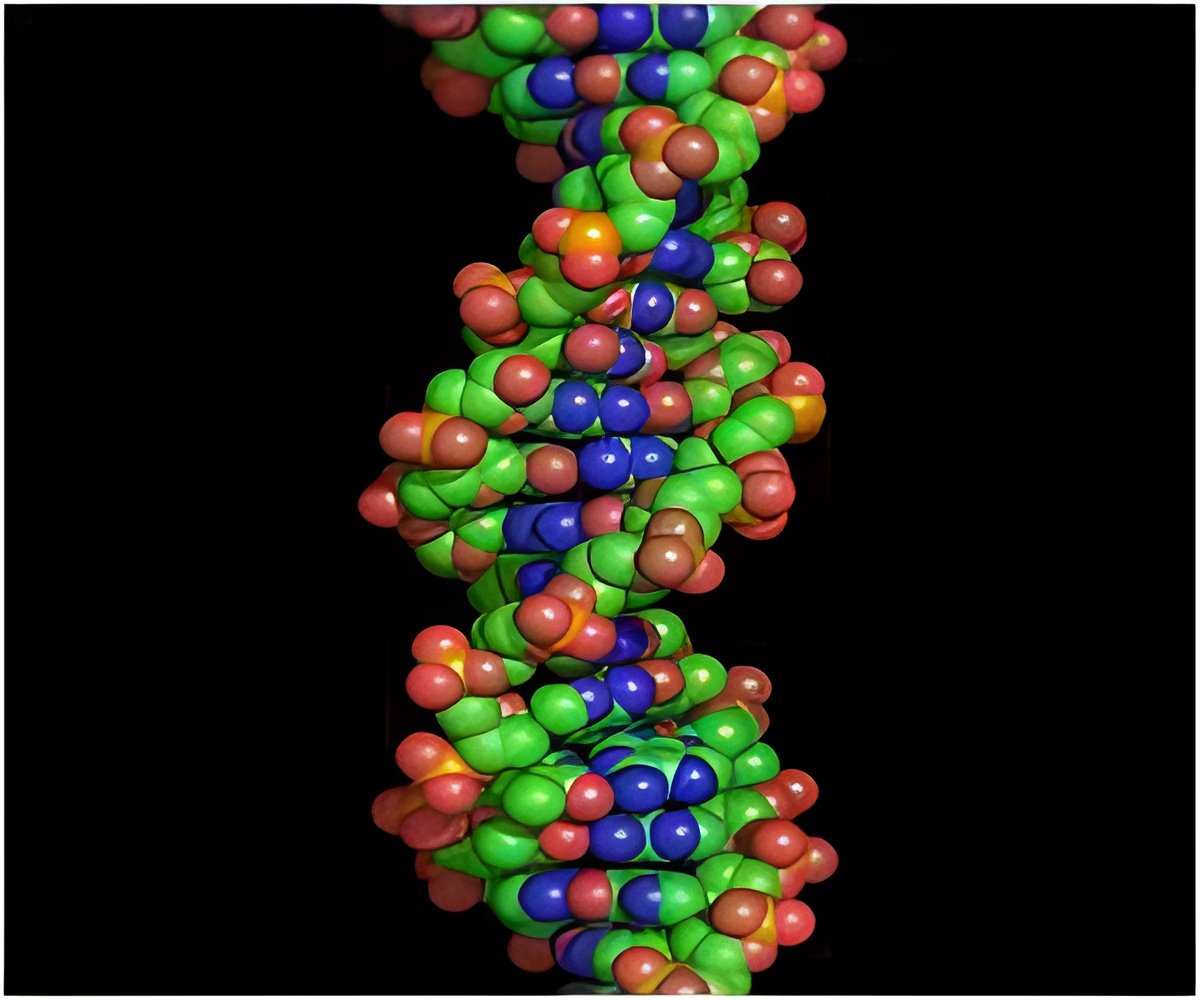A chromosomal abnormality has definitive prognostic and predictive value for managing the treatment of adult patients with a a rare type of brain tumor

Oligodendrogliomas are uncommon tumors that represent approximately 4.0% of all brain tumors. Mixed oliogdendrogliomas (those also containing astrocytic elements) account for 1.0% of all brain tumors. Pure and mixed oligodendrogliomas that contain anaplastic (malignant) cells typically grow more rapidly than non-anaplastic tumors.
The RTOG 9402 trial A Phase III Intergroup Randomized Comparison of Radiation Alone vs. Pre-Radiation Chemotherapy for Pure and Mixed Anaplastic Oligodendrogliomas was conducted with four other National Cancer Institute (NCI)-supported cooperative groups. Trial participants had a pathologically confirmed pure or mixed anaplastic oligodendroglioma and were randomly assigned into one of two treatment arms. The 148 participants randomized to Arm 1 were treated with PCV (procarbazine, CCNU [lomustine] and vincristine) chemotherapy and radiation therapy (RT), and the 143 participants randomized to Arm 2 were treated with RT alone.
RTOG 9402 study results reported with a minimum follow-up time of 3 years in the Journal of Clinical Oncology (2006 Jun 20; 24(18): 2707-14) showed no survival benefit for patients treated with early PVC chemotherapy plus RT over RT alone. Although a significant impact on median progression-free survival time was realized (2.6 years versus 1.7 years for RT alone), the regimen was associated with significantly more adverse side effects. The study authors also reported that study participants in both arms whose tumor lacked chromosomes 1p and 19q had longer median survival times as compared with participants without these deletions (> 7 vs. 2.8 years, respectively). This led the study authors to conclude that "tumors with 1p and 19q co-deletion are less aggressive or more responsive to PCV chemotherapy or both."
A recent analysis undertaken of the RTOG 9402 data (at a median study participant follow-up time of 11 years) is planned for submission to the 2012 American Society of Clinical Oncology Annual Meeting. However, due to the finding's significance for patient care, results are reported here in advance of submission.
The abstract reports that the 126 study participants with 1p and 19q co-deletion, the median survival time (MST) of 59 participants randomized to the PCV chemotherapy and RT arm was much longer than the 67 participants randomized to the RT alone arm (14.7 years vs. 7.3 years). Interestingly, for study participants whose tumors contained only one deletion (either 1p or 19q) or no deletions, no difference was found in MST between the two treatment arms (2.6 years vs. 2.7 years).
The other NCI-supported cooperative groups participating in the intergroup (INT 0149) trial are the Eastern Oncology Cooperative Group, SWOG, North Central Cancer Treatment Group, and the NCIC Clinical Trials Group.
Source-Eurekalert
 MEDINDIA
MEDINDIA



 Email
Email










